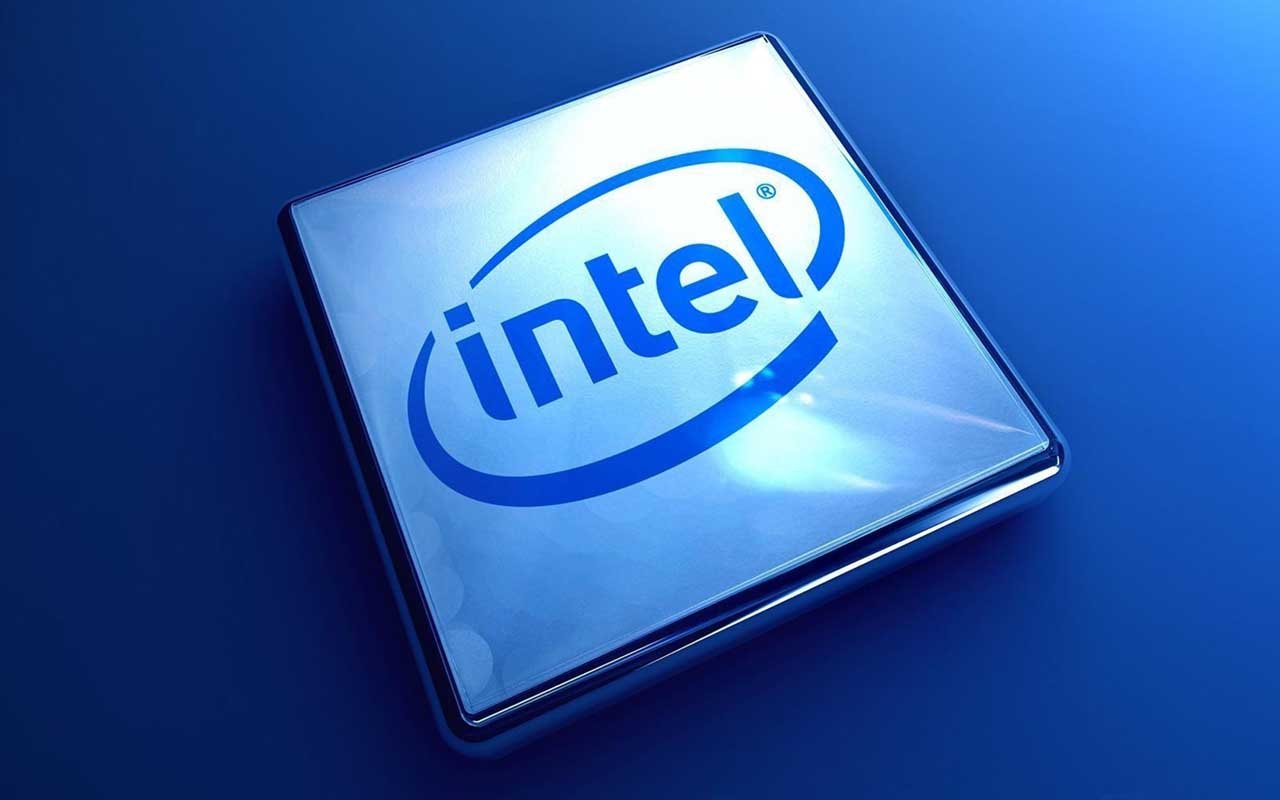World Leading Asian Company Eyes Major Stake in Intel’s U.S. Operations: A Game-Changer for U.S. Tech Dominance?

A major stake in Intel’s U.S. factories by a leading Asian semiconductor manufacturer could be on the cards following discussions with Trump administration officials, according to a Bloomberg report.
An insider who wishes to remain anonymous told Bloomberg that should the deal with Taiwan Semiconductor Manufacturing Company (TSMC) go ahead, it will strengthen U.S. manufacturing, and its dominance in key technologies.
TSMC is Interested in the Proposal
According to the insider, TSMC has indicated an interest in the proposal. However, Intel’s stance on the potential deal remains unclear.
If the proposal should go ahead, TSMC will control operations at Intel’s U.S. plants, including its large Oregon campus in Hillsboro – a move that could help stabilize its current financial situation. Intel has struggled with job cutbacks and scaled-back global expansion.
The insider says the deal could attract investments from leading U.S. chip designers and government backing to ensure Intel’s factories do not succumb entirely to foreign control.
TSMC produces chips – crucial to artificial intelligence development – for major companies like Apple and Nvidia.
Proposal Will Likely Face Political Challenges
Although the proposal offers potential benefits, it is likely to face political challenges, not unlike Nippon Steel’s failed attempt to acquire U.S. Steel Corp.
Furthermore, the idea of a foreign company running Intel’s manufacturing plants may not meet with President Donald Trump’s approval.
Intel’s stock plummeted following the Bloomberg announcement but later recovered some losses. Shares closed at $23.60 on Friday, down 2.2% after initially falling as much as 5.3%.
It is common knowledge that Intel has lost ground to competitors over the last few years. However, the company remains the top manufacturer of chips used in personal computers and servers, and its U.S.-based production network is one of the most advanced in the industry.
For these reasons, insiders believe that Intel plays a key role in Washington’s desire to shift semiconductor production impetus away from Asia and back to the U.S.
Intel launched an ambitious strategy to regain its chipmaking superiority under former CEO Pat Gelsinger.
The company secured $7.9 billion in government funding for projects across four states and an additional $3 billion to produce chips for the U.S. Military Service. Intel had received $2.2 billion of that funding by January.
However, Intel’s failure to attract sufficient external customers does not justify its onerous investments.
Financial pressures have mounted as its products lose market share, while members of the company board lost confidence in Gelsinger’s ability to turn around Intel’s fortunes. These challenges contributed to the former CEO’s departure from the company.
